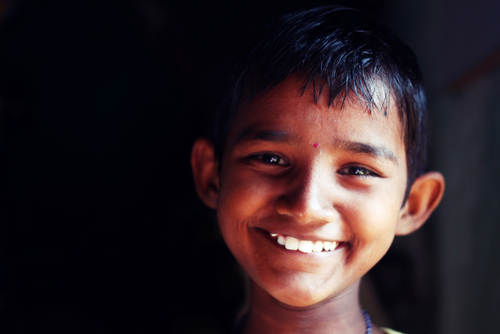
Photo: silentwings / Shutterstock.com
About 40 to 50 percent of children in India between the ages of 14-18 drop out of school, despite the availability of free education. While some of them start working, they have few skills and end up in the informal labour market. Existing child-protection laws only cover children below 14, leaving this group vulnerable to labour exploitation, child marriage, sexual abuse and behavioral issues such as alcohol addiction, drugs, smoking and suicide.
These issues were raised by R. Vidyasaagar, child protection specialist with the United Nations Children’s Fund (UNICEF) and reported in The Hindu. Vidyasaagar noted that 40% of India’s children were within the age group of 14-18 and hence the problems they face should be immediately addressed. He recommended that new laws at both the central and state levels should be passed after children in this group a were given a chance to voice the difficulties they face.
That recommendation is in line with UNICEF’s Convention on the Rights of Children , which states: “When adults are making decisions that affect children, children have the right to say what they think should happen and have their opinions taken into account.” Among other things, the convention defines a child as anyone under the age of 18 (subject to country laws), and says that countries have a responsibility to review and, when needed, change laws to respect and protect the rights of children. These rights include education, safety, health, protection from violence and abuse, freedom of thought and access to information. India ratified the convention in 2005.
Another issue that was raised is the type and quality of education that is available to this age group. The course content of most existing vocational education courses is theoretical in nature, and children are not taught vocational skills which businesses currently need. Instead, Vidyasaagar recommended, the skills which are taught should be based on the demands of businesses.
Share your thoughts on this issue, leave a comment below. Please like FamiLife’s page on Facebook so that you get all our articles and others may find us.

Pingback: Make in India on the back of Child Labour! Shame Shame | newvisionerfec